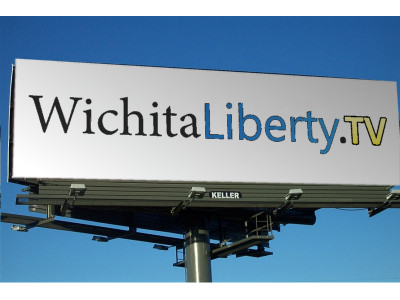Tag: Robert Layton
-

Wichita: A conversation for a positive community and city agenda
Wichita City Manager Robert Layton held a discussion titled “What are Wichita’s Strengths and Weaknesses: A Conversation for a Positive Community and City Agenda.”
-

Empowering and engaging Wichitans, or not
Does the City of Wichita really want to “empower and engage citizens by providing information necessary to keep them informed on the actions their government is taking?”
-

Wichita checkbook register
A records request to the City of Wichita results in data as well as insight into the city’s attitude towards empowering citizens with data.
-

Wichita property tax delinquency problem not solved
Despite a government tax giveaway program, problems with delinquent special assessment taxes in Wichita have become worse.
-
Wichita’s WaterWalk apartment deal
Wichita is ready to consider another giveaway to politically-connected interests at the expense of citizens and taxpayers.
-

Wichita economic development policies questioned
The City of Wichita asks for citizens to trust that it has policies in place that will be followed.
-

No-bid contracts still passed by Wichita city council
Despite a policy change, the Wichita city council still votes for no-bid contracts paid for with taxpayer funds.
-

Wichita drops taxpayer protection clause
To protect itself against self-defeating appeals of property valuation in tax increment financing districts, the City of Wichita once included a protective clause in developer agreements. But this consideration is not present in two proposed agreements.
-

For Wichita city hall, an educational opportunity
Will Wichita city officials and sales tax boosters attend an educational event produced by a leading Kansas public policy institute? It will be an opportunity for city officials to demonstrate their commitment to soliciting input from the community.
-

WichitaLiberty.TV: The harm of cronyism, local and national
Does Wichita have a problem with cronyism? The mayor, city council, and bureaucrats say no, but you can decide for yourself. Then, from LearnLiberty.org, the harm of cronyism at the national level.
-
Wichita fails at open government and trustworthiness
At a time when Wichita city hall needs to cultivate the trust of citizens, another incident illustrates the entrenched attitude of the city towards its citizens. Despite the proclamations of the mayor and manager, the city needs a change of attitude towards government transparency and citizens’ right to know.
-

Questions for the next Wichita city attorney: Number 3
Will the next Wichita city attorney advise council members to refrain from making decisions worth millions to their friends and significant campaign contributors?